WHAT IS PASSOVER
Passover is one of the feasts that God commands His people to remember in Exodus 12, Leviticus 23, and Deuteronomy 16.
"In the first month, on the fourteenth day of the month at twilight is the Lord's Passover." (Leviticus 23:5)
The original Passover is told in the book of Exodus. You may know it as all the plagues and when Moses parted the Red Sea. In Exodus, God gives His people instruction to keep a memorial to remember this great occasion forever.
"The blood shall be a sign for you, on the houses where you are. And when I see the blood, I will pass over you, and no plague will befall you to destroy you, when I strike the land of Egypt. This day shall be for you a memorial day, and you shall keep it as a feast to the Lord; throughout your generations, as a statute forever, you shall keep it as a feast." (Exodus 12:13-14)
"In the first month, on the fourteenth day of the month at twilight is the Lord's Passover." (Leviticus 23:5)
The original Passover is told in the book of Exodus. You may know it as all the plagues and when Moses parted the Red Sea. In Exodus, God gives His people instruction to keep a memorial to remember this great occasion forever.
"The blood shall be a sign for you, on the houses where you are. And when I see the blood, I will pass over you, and no plague will befall you to destroy you, when I strike the land of Egypt. This day shall be for you a memorial day, and you shall keep it as a feast to the Lord; throughout your generations, as a statute forever, you shall keep it as a feast." (Exodus 12:13-14)
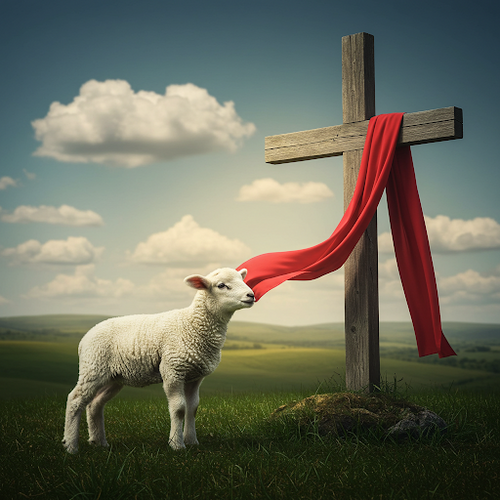
Watch This Video for a Kid Friendly Version of the Exodus Story
THE PASSOVER SEDER
A common tradition is the Passover Seder.
This is a special dinner to help you fulfill the commandment of remembering the original Passover and the Exodus story.
The Lord commands the Israelites to eat the original passover sacrifice with bitter herbs and unleavened bread. We eat these foods on Passover because of this. They are usually on the seder plate with other ingredients that represent different parts of the story.
This is a special dinner to help you fulfill the commandment of remembering the original Passover and the Exodus story.
The Lord commands the Israelites to eat the original passover sacrifice with bitter herbs and unleavened bread. We eat these foods on Passover because of this. They are usually on the seder plate with other ingredients that represent different parts of the story.
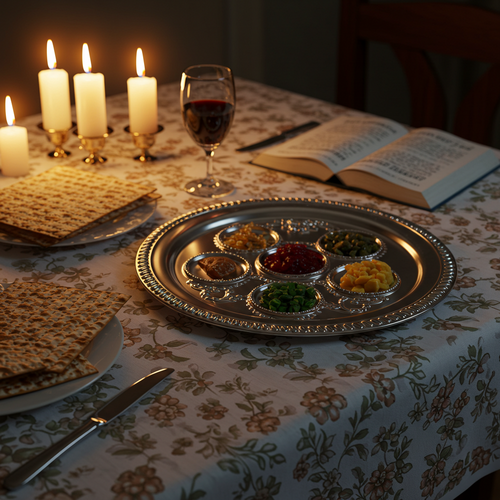
AFIKKOMAN
The afikoman is a special, traditional part of the seder dinner.
It is the middle portion of three pieces of matzo.
The tradition is to take the middle piece of matzo, break it, wrap the broken piece in a cloth and hide it. Traditionally, the kids all look for the wrapped afikoman and the one who finds it receives a reward,usually 30 silver coins, such as dimes or quarters.
Click on the video to see the parallels to Messiah in the afikoman.
It is the middle portion of three pieces of matzo.
The tradition is to take the middle piece of matzo, break it, wrap the broken piece in a cloth and hide it. Traditionally, the kids all look for the wrapped afikoman and the one who finds it receives a reward,usually 30 silver coins, such as dimes or quarters.
Click on the video to see the parallels to Messiah in the afikoman.
Never Heard of Afikoman?
There are a lot of Hebrew words throughout the Passover seder, like the word 'Seder' itself.
Here's a list of some common Hebrew words and phrases you'll hear during the Passover season, and specifically a seder, that might help you get more familiarized with the holy day and traditions themselves.
Here's a list of some common Hebrew words and phrases you'll hear during the Passover season, and specifically a seder, that might help you get more familiarized with the holy day and traditions themselves.
PASSOVER AND THE FEAST OF UNLEAVENED BREAD
HOW TO CELEBRATE
Passover is popular, but it's just the beginning. It leads into the next holy day, the Feast of Unleavened Bread. As soon as the sun has set the night of Passover, the Feast of Unleavened Bread starts. Since these holy days are back to back, it affects how we celebrate and what we include at our passover celebration.
Here are the commandments associated with the Feast of Unleavened Bread:
Eating Matzo
Assembly Instead of Work
Removing Leaven
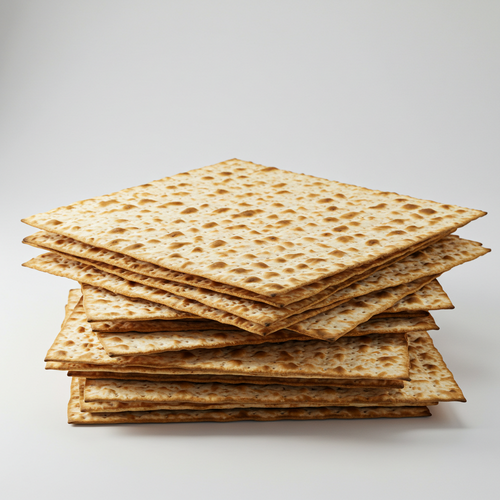
"In the first month, from the fourteenth day of the month at evening, you shall eat unleavened bread until the twenty-first day of the month at evening.”
Exodus 12:18
Exodus 12:18
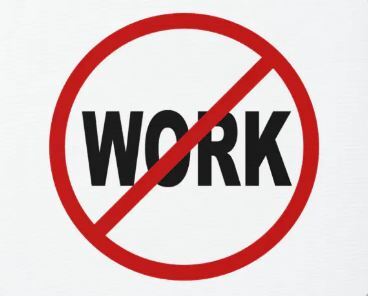
"On the first day you shall hold a holy assembly, and on the seventh day a holy assembly. No work shall be done on those days..."
Exodus 12:16
Exodus 12:16
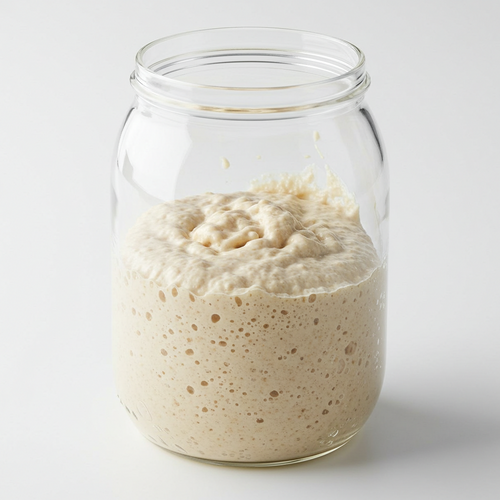
"Unleavened bread shall be eaten for seven days; no leavened bread shall be seen with you, and no leaven shall be seen with you in all your territory."
Exodus 13:7
Exodus 13:7
PASSOVER FOR KIDS
Passover has a variety of fun and engaging activities, crafts, recipes, and educational resources. From parting the Red Sea in person to edible plagues, there's to be something to make the holiday special for everyone

